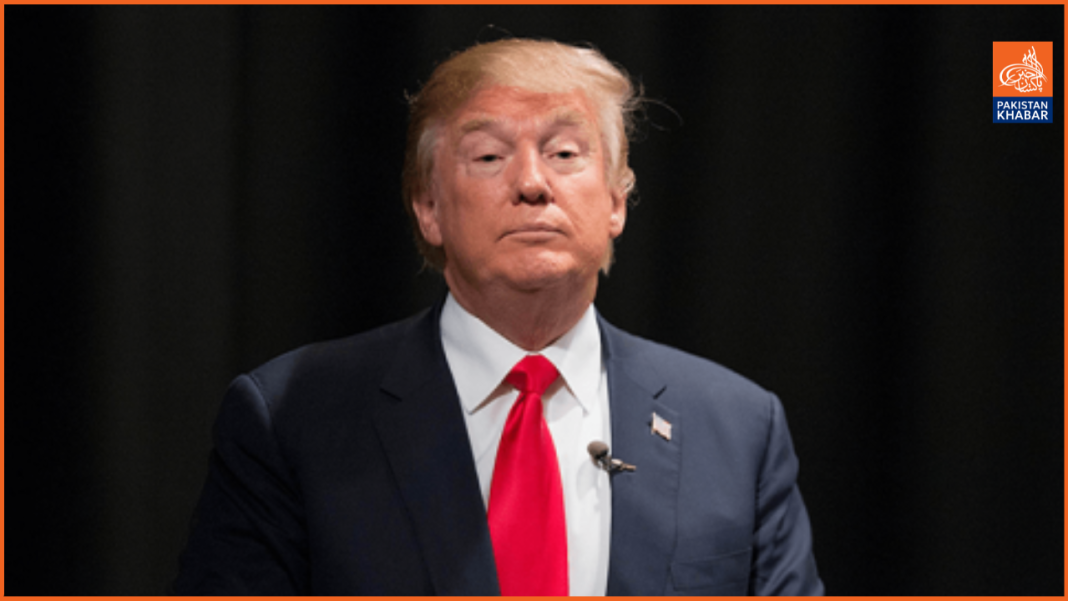Rome will host the next round of US-Iran negotiations. Before their April 19 conference, Iranian foreign minister is visiting Russia
On Monday, President Donald Trump declared he thinks Iran is purposefully postponing a nuclear agreement with the United States and that it had to give up any ambition for a nuclear bomb or risk a military strike on Tehran’s atomic sites.
Following US special envoy Steve Witkoff’s Saturday meeting with a senior Iranian official in Oman, Trump told reporters “I think they’re tapping us along.”
On Saturday, Iran and the United States declared they conducted “positive” and “constructive” discussions in Oman.
Iran has to discard the idea of a nuclear weapon. Trump exclaimed, “They cannot have a nuclear weapon.” Inquired whether US responses include a military strike on Tehran’s nuclear sites, Trump said: “Of course it does.”
Trump remarked that since the Iranians are so near to acquiring a nuclear bomb, they must act quickly to prevent a forceful reaction. During the period of former President Joe Biden, the US and Iran engaged in indirect negotiations but made very little, if any advancement.
Under then-President Barack Obama, who led the 2015 international nuclear deal Trump ultimately rejected, the last known direct conversations between the two administrations took place.
During his first term as US President, Donald Trump broke away from the 2015 nuclear agreement between Iran and other powers in 2018.
Round of negotiations following this
Rome, the Dutch foreign minister and a second diplomatic source revealed on Monday, will host the next round of indirect negotiations between the United States and Iran over Tehran’s nuclear programme.
Dutch Foreign Minister Caspar Veldkamp said at an EU conference on the talks taking place in the Italian capital. Two ambassadors stationed in Rome verified the venue and reported that Saturday, April 19 would be the conference day.
Iran’s foreign ministry said on Sunday the negotiations scheduled for next weekend would remain “indirect” with Omani mediation, and be concentrated just on the nuclear problem and lifting of punishment.
After Trump wrote a letter to Iran’s supreme leader Ayatollah Ali Khamenei demanding nuclear talks and warned of possible military action should Iran reject, Saturday’s negotiations followed weeks later.
Iranian FM will be visiting Kremlin
Amid a diplomatic build-up to settle Tehran’s nuclear conflict with the West, Iran’s Foreign Minister Abbas Araqchi will visit ally Russia this week for talks before a second round of negotiations between Iran and US.
Russia, where Araqchi is scheduled to visit on a prearranged visit, has backed Tehran in nuclear discussions with the West and signed a 2015 agreement that Trump will be quitting. Two Iranian officials said they believed Trump’s most recent strategy would be consistent with his treatment of Greenland, Gaza, and tariffs—that of threats followed by retreat.
Araqchi would be in Russia before the next Oman-mediated conference, Iranian Foreign Ministry spokesman Esmaeil Baghaei said.
Some Iranian officials think Trumps’s business background will make him more open to a deal with financial incentives like a possible purchase of US-made aircraft or freeing of Iran’s economy for US companies. Since the announcement of Iran-US negotiations, the value of Iranian currency has increased by sixteen percent.
UN nuclear watchdog director Rafael Grossi will visit Tehran on Wednesday in next diplomatic activity surrounding the issue.



